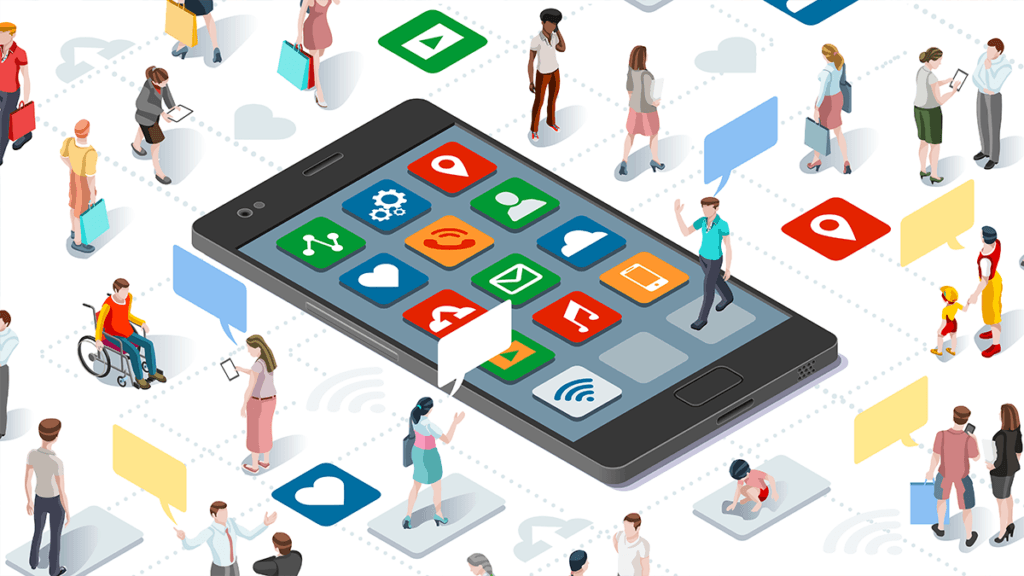
Unsurprisingly, we spend a considerable amount of time glaring at our phones for a whole myriad of reasons. Our phones are the essential tools in keeping us connected, informed and productive. But, have you ever wondered how much time you spend switching between communication tools on your device? Sometimes a stressful day can be made a little less stressful when we decide to take a few moments to peer at our screen – to look at social media feeds or to answer a friend on our favorite chat applications. But whether we are aware of it or not, this constant compulsion to check-in and look at our phones, is increasing by day. Here are some interesting our screen time usage habits.
Research has shown that the top 20% of smartphone users have daily screen access in excess of 4.5 hours a day. The stats give you some indication of our compulsive smartphone habits and how multi-tasking with our phone in hand, is becoming increasingly habitual. Whilst the average worker is only productive for 2 hour and 53 minutes per day. According to studies, most phone users check their devices 58 times a day – 30 out of the 58 times is done during working hours. Hopefully, for the purpose of checking work emails!
Whilst I was under the impression that people spent more screen time over the weekend, studies suggest that we actually spend more time on our phones during the weekday.
Apple and Google now offer advanced features in letting people monitor their screen time, allowing them to know and regulate just how much time they spend on their smartphone, tablets and other devices. This is an important feature when considering one’s personal sense of wellbeing – knowing when too much usage becomes counter-productive, breaks concentration levels or stirs anxiety or stress, is fundamentally important.
Reports have shown that generally, people feel positive emotions when using their phones – with reported feelings of connection, satisfaction, empowerment and gratitude. Whilst negative emotions were also recorded, studies have suggested that the impact of smartphones on mental health depends on how people use their devices. It is indeed about striking the right balance in context to one’s daily life.
Many believe that technology should have a positive role in people’s lives and must be used to empower and help society. As such, tech companies and operators continue to promote and support digital wellbeing – offering guidance to users about attaining better online activity experiences.